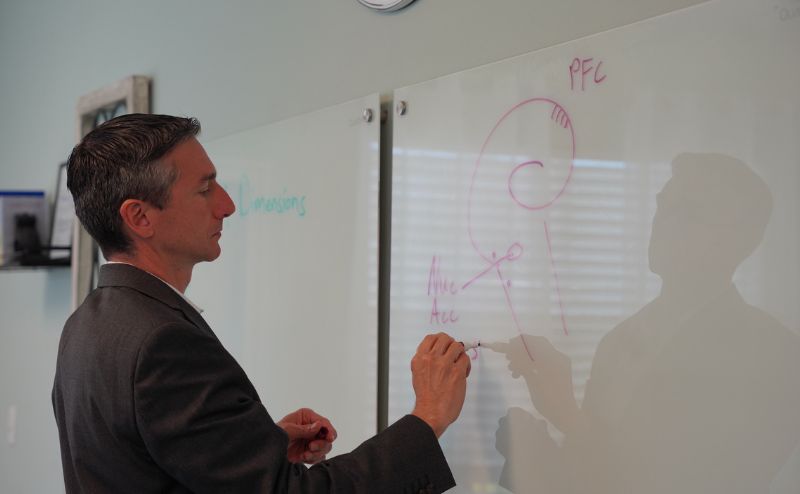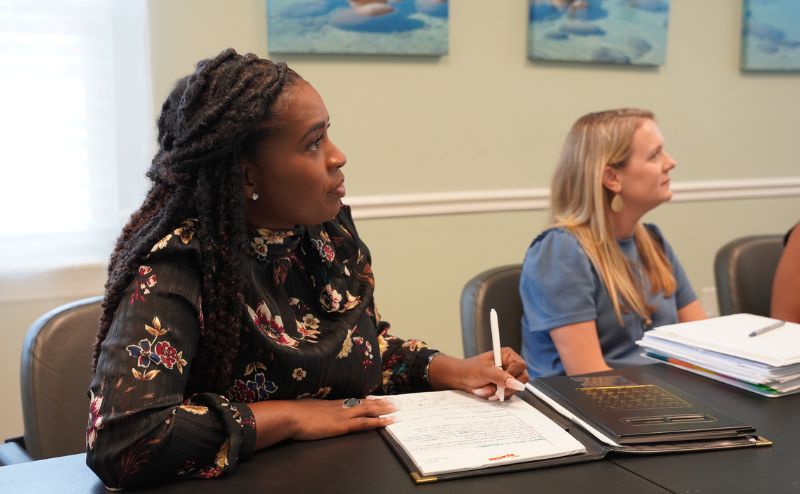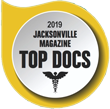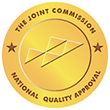Psychoeducational Groups educate patients about substance abuse, and related behaviors and consequences. Psychoeducational therapy deepen patient’s awareness of the behavioral, medical and psychological consequences of substance abuse.
 Facilitated by a physician, therapist, nurse and/or doctorate-level staff, the Psychoeducational Group provides information and education regarding the disease of addiction, mental health conditions, general medical conditions, and the effects of drugs and alcohol on the body. Additional topics may include: wellness strategies, the need for abstinence, the risk of switching addictions, identifying relapse triggers, available medical and pharmaceutical treatments and the role of family and friends in aiding or hindering recovery.
Facilitated by a physician, therapist, nurse and/or doctorate-level staff, the Psychoeducational Group provides information and education regarding the disease of addiction, mental health conditions, general medical conditions, and the effects of drugs and alcohol on the body. Additional topics may include: wellness strategies, the need for abstinence, the risk of switching addictions, identifying relapse triggers, available medical and pharmaceutical treatments and the role of family and friends in aiding or hindering recovery.
Drug and alcohol misuse significantly impacts behavior, leading to destructive choices that harm the individual and their family. Drug and alcohol misuse may also impact a patient’s psychological health, including exacerbating underlying mental health issues. Substance use can also cause serious physical effects, including causing or exacerbate conditions such as diabetes, hypertension, heart disease, liver disease and dementia.
In better understanding their disease and the effects of drugs and alcohol on their health and well-being, patients can find the motivation to seek sobriety and prepare themselves to make the changes needed to manage it.Recovery Keys offers two types of Psychoeducational Groups.
Neurobiology Group – Facilitated by Dr. Mirabile or another Recovery Keys’ physician, the Neurobiology Group educates patients about the biological underpinnings of addiction, including the impact of drugs and alcohol on the brain and its reward centers.
Drugs and alcohol change the way that neurons communicate with one another, altering biological pathways and interfering with functions such as impulse control, emotions, movement and motivation. Drugs also flood the brain with the neurotransmitter dopamine, fueling the addiction and a compulsion to seek a similar reward again and again. The amount of dopamine released in the brain due to drugs is many, many times more than what would come from natural rewards, such as food and social interactions. Overtime, the brain adapts to the excess dopamine, literally rewiring itself. The neurons become less responsive to dopamine from natural rewards, as well as those from the drug. This leads to the familiar progression of drug abuse, in which the addict needs more and more of the drug to achieve a feeling of pleasure – and eventually, needs large quantities of the drug to not feel sick.
Stopping drug use doesn’t return the brain to normal, though overtime, the brain can begin to heal itself. But those long-lasting brain changes are one of the challenges for patients in remaining sober and resisting relapse.
In giving patients a deeper understanding of how drug and alcohol use causes destructive behaviors and thought processes, they can take steps to manage withdrawal and cravings, and learn healthier ways of responding to triggers.
 Dual Diagnosis Group – Many patients with substance abuse disorders also have co-occurring mental health disorders such as depression, bipolar disorder, anxiety disorder, schizophrenia or post traumatic stress disorder (PTSD). For some, past traumas and mental health conditions contributed to the development of the substance use disorder.
Dual Diagnosis Group – Many patients with substance abuse disorders also have co-occurring mental health disorders such as depression, bipolar disorder, anxiety disorder, schizophrenia or post traumatic stress disorder (PTSD). For some, past traumas and mental health conditions contributed to the development of the substance use disorder.
Patients may have started using drugs and alcohol to self-medicate, or cope with the symptoms of the mental heath conditions, while others may use drugs or alcohol to dull psychological pain. While under the influence of drugs or alcohol, people may feel that they have escaped these negative feelings and symptoms. Some may even feel more in control.
The problem is that it’s a false sense of control. And as the addiction takes hold, the substance use damages the brain, making underlying mental health conditions worse. Alcohol and drug abuse also leads to self-destructive thought processes and behavior that makes it more difficult to cope with mental health conditions. Instead of dulling pain, alcohol and drug addiction causes more of it.
In the Dual Diagnosis Group, patients learn about how co-occurring conditions develop, how they can be treated and why it’s important for both the addiction and the mental health disorder to be managed during recovery.



















